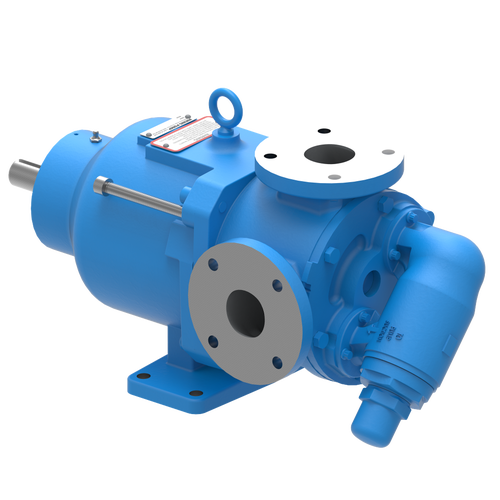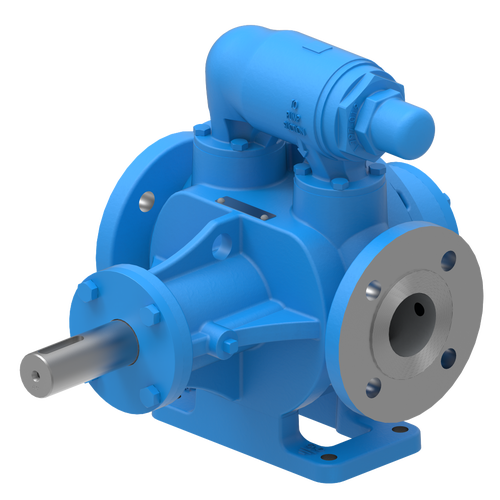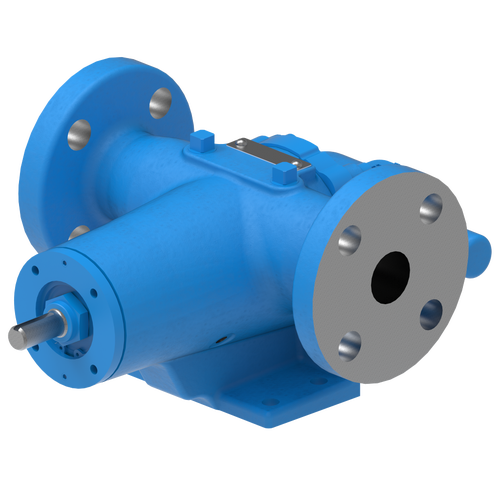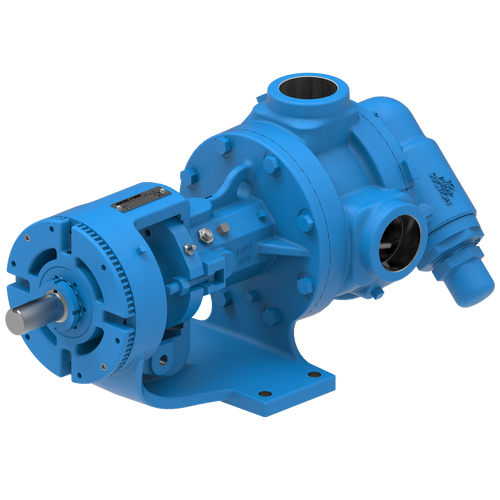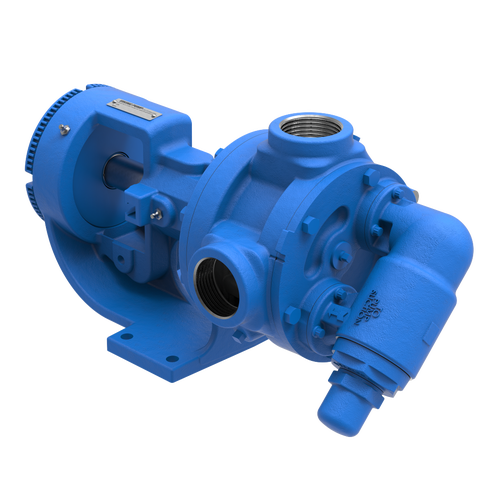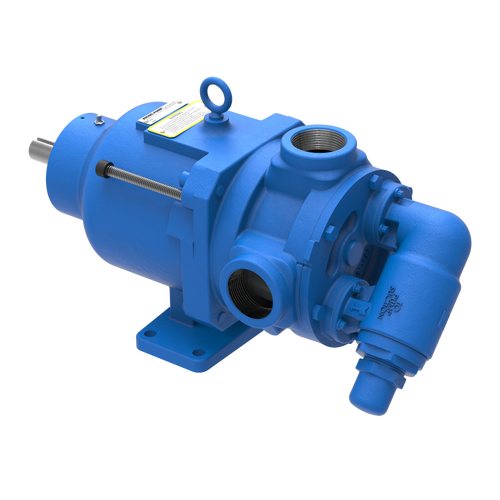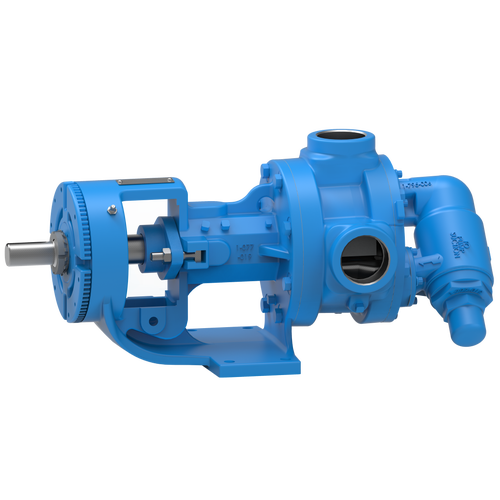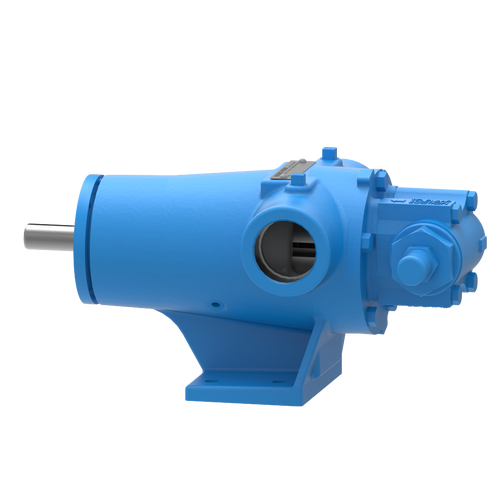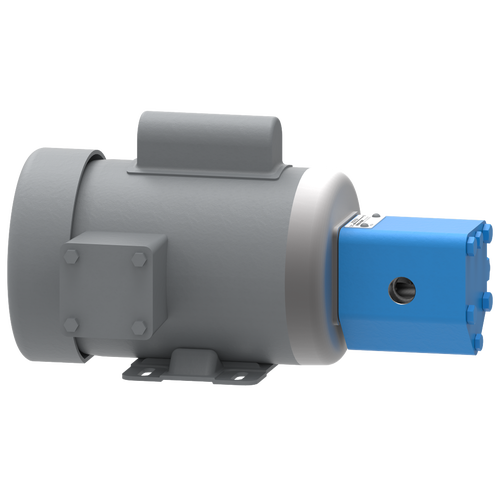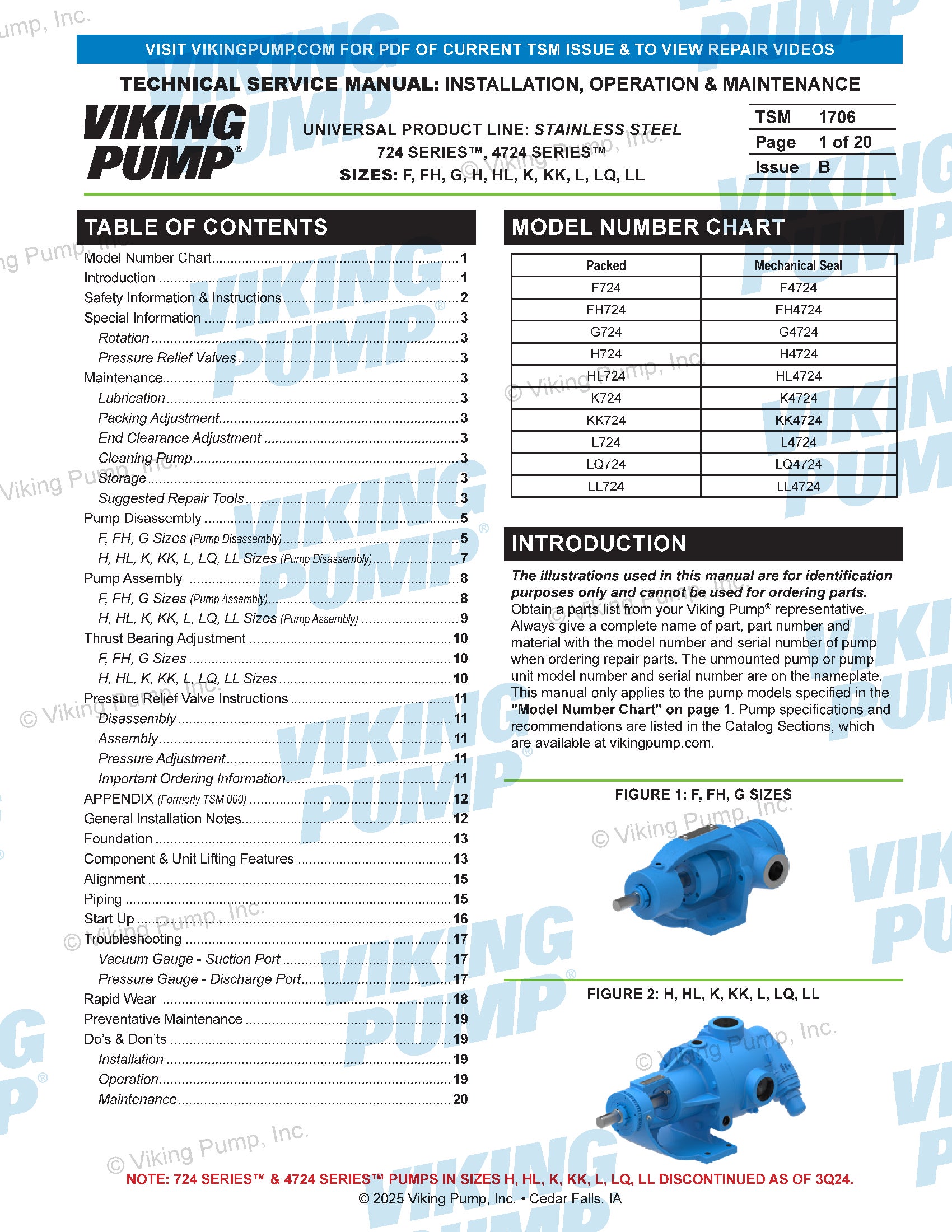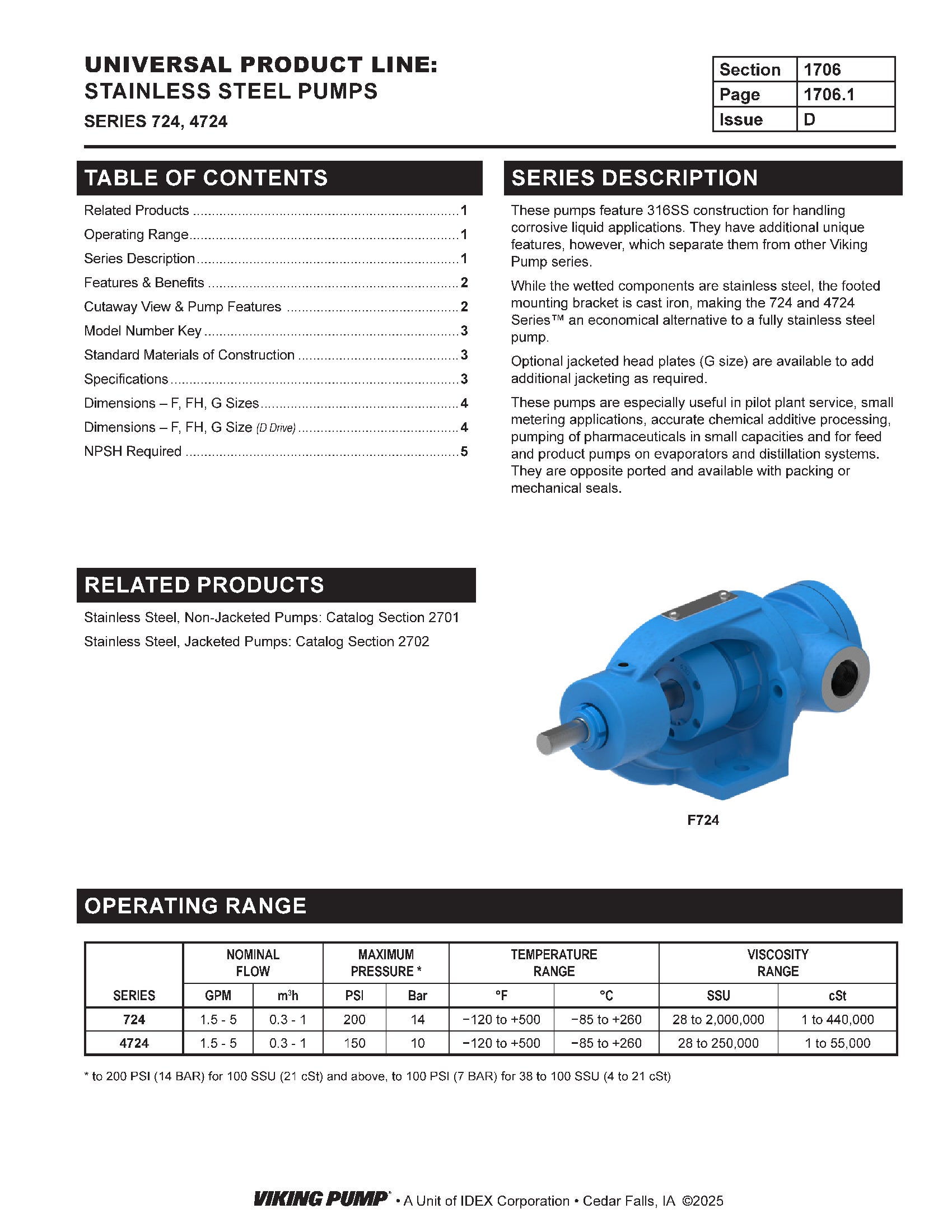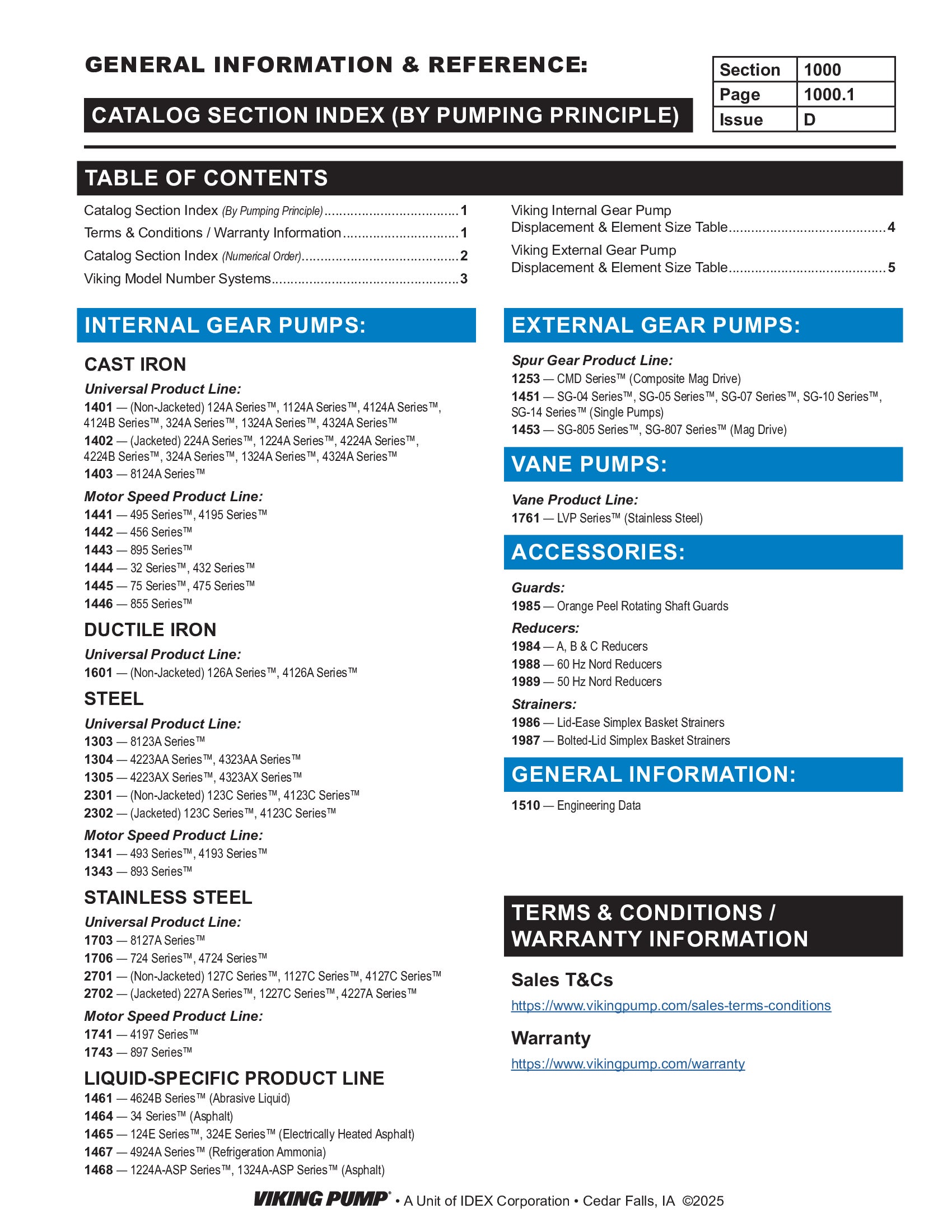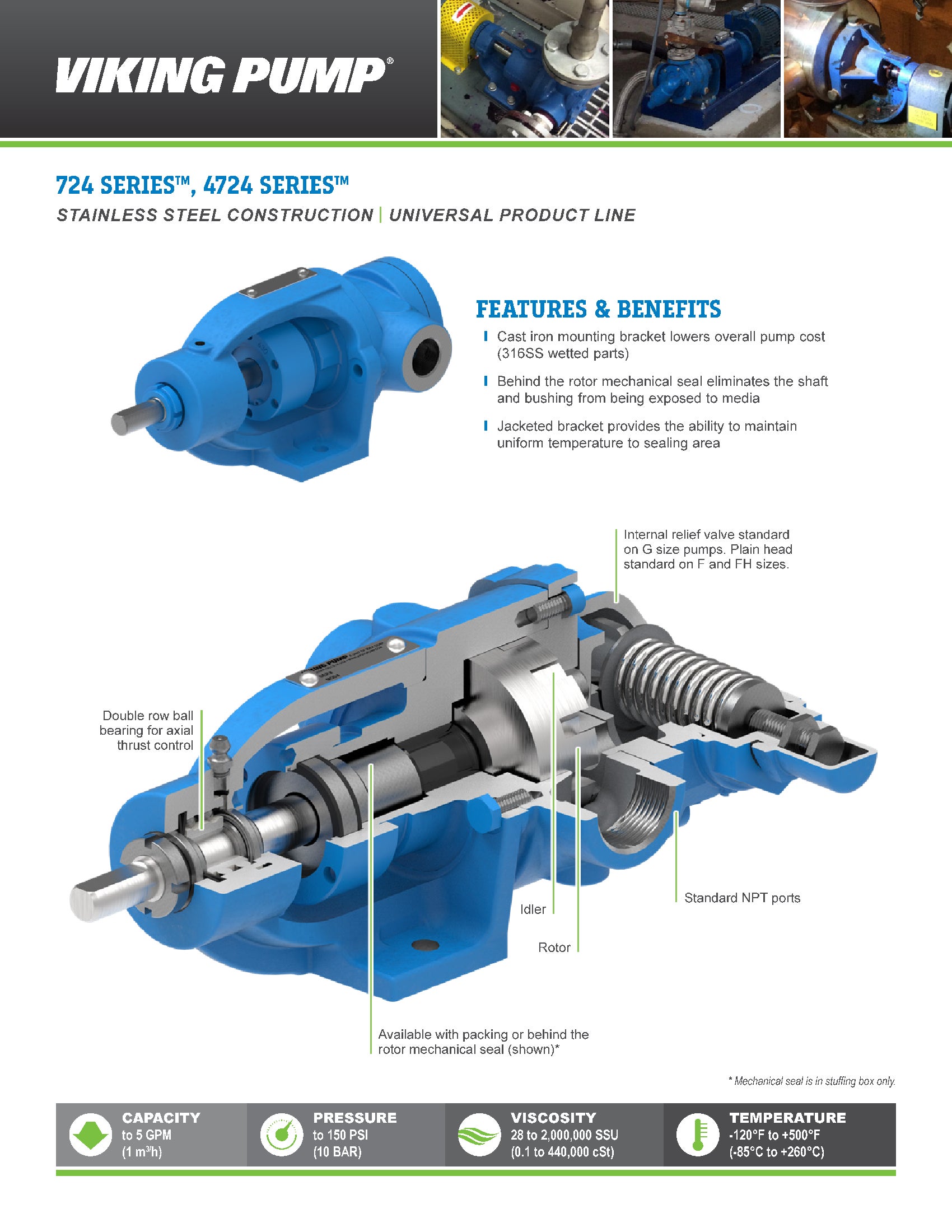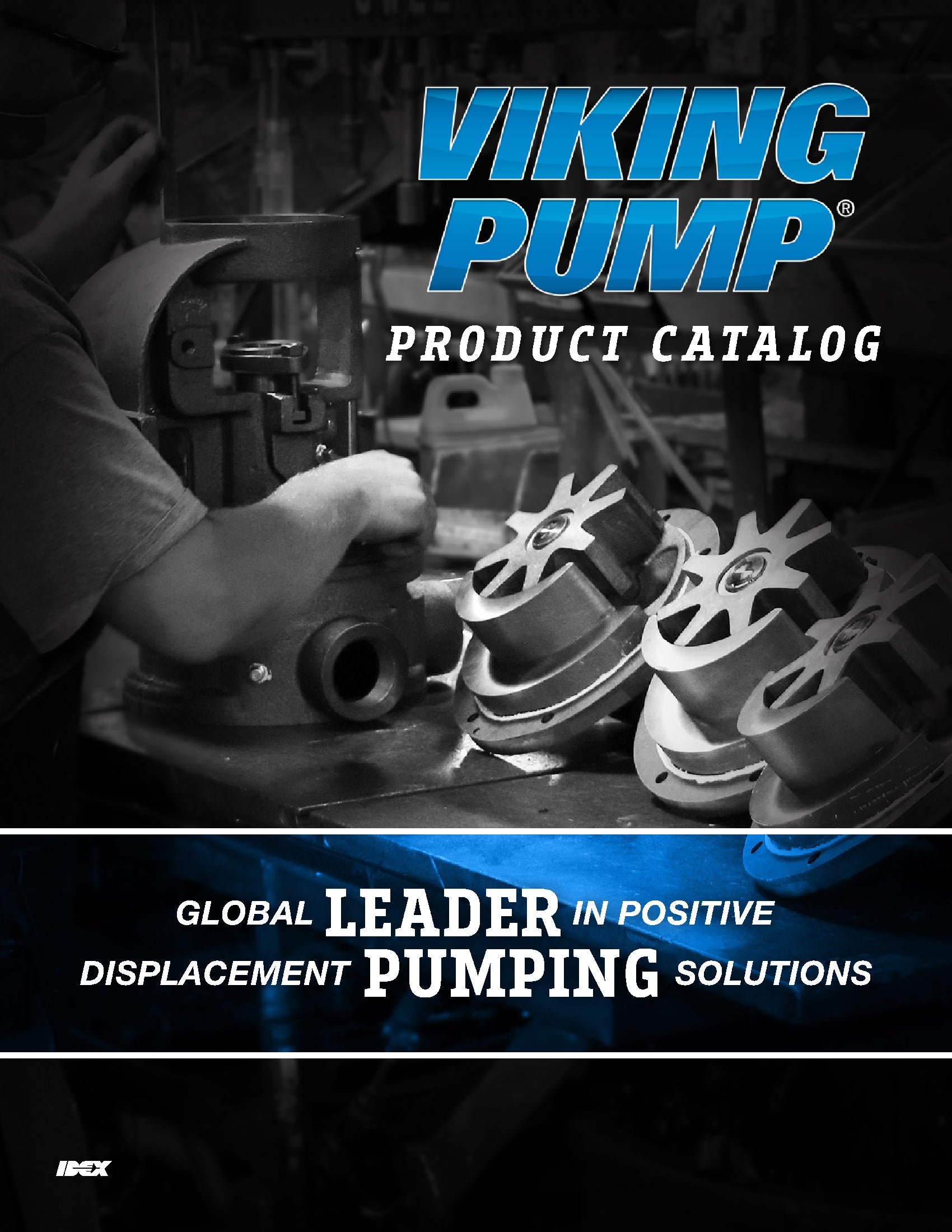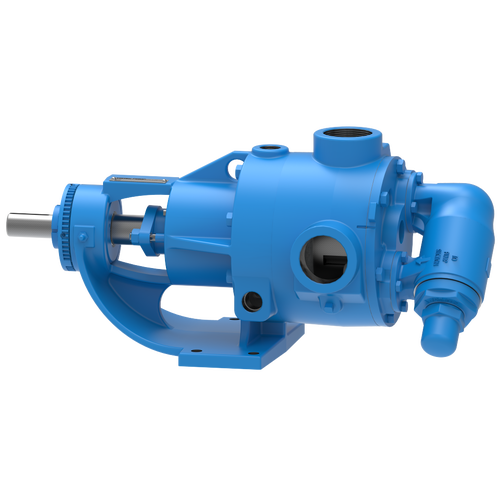The 4724 Series™ internal gear pump is the ideal solution for chemical applications due to its stainless steel construction. This pump is jacketed for steam, hot oil, or hot water circulation to maintain a uniform temperature around the sealing area. It can handle capacities up to 5 GPM (1 m³/h).
Features & Benefits
- Cast iron mounting bracket lowers overall pump cost (316SS wetted parts)
- Behind the rotor mechanical seal eliminates the shaft and bushing from being exposed to media
- Jacketed bracket provides the ability to maintain uniform temperature to sealing area
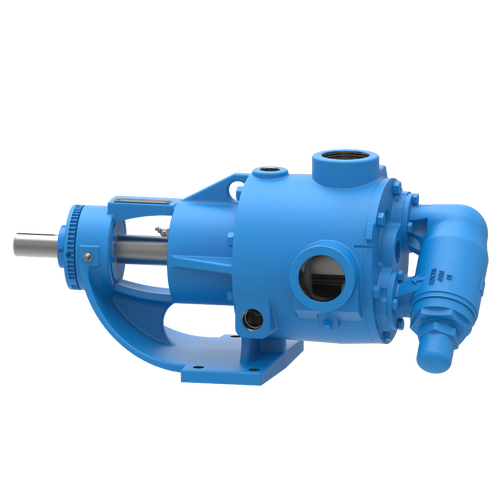
Capacity
up to 5 GPM
up to 1 m³/h
Viscosity
28 to 2 000 000 SSU
0,1 to 440 000 cSt
Pressure
up to 200 PSI
to 14 BAR
Temperature
-120 to +500°F
-85 to +260°C
Options
Porting
Drives
Mounting
Sealing
Specifications
| Modell | Standard portstorlek | Nominell pumpkapacitet (GPM) | Nominell pumpkapacitet (m³/h) | Maximalt varvtal | Maximalt tryck PSI | Maximalt tryck BAR |
|---|---|---|---|---|---|---|
| F4724 | 0.5 | 1.5 | 0.3 | 1800 | 200 | 14 |
| FH4724 | 0.75 | 3 | 0.7 | 1800 | 200 | 14 |
| G4724 | 1 | 5 | 1 | 1200 | 200 | 14 |
Photos
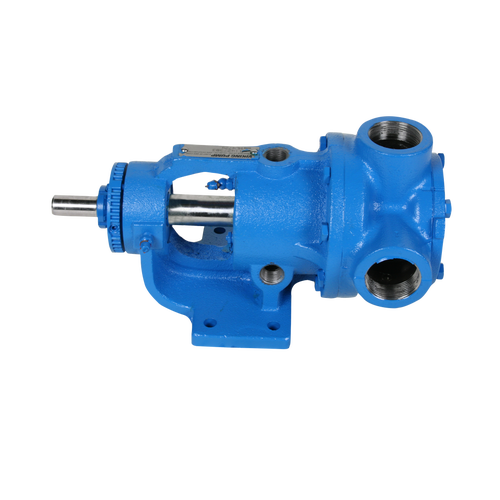
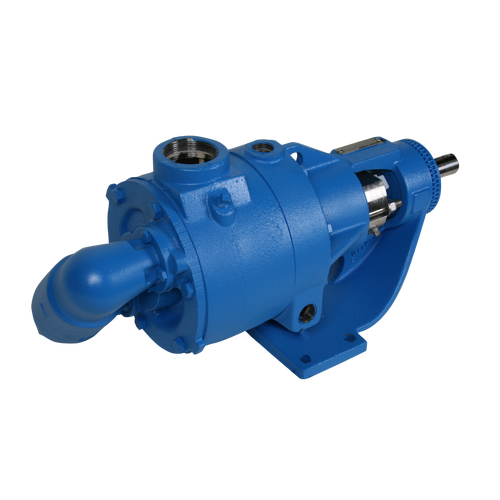
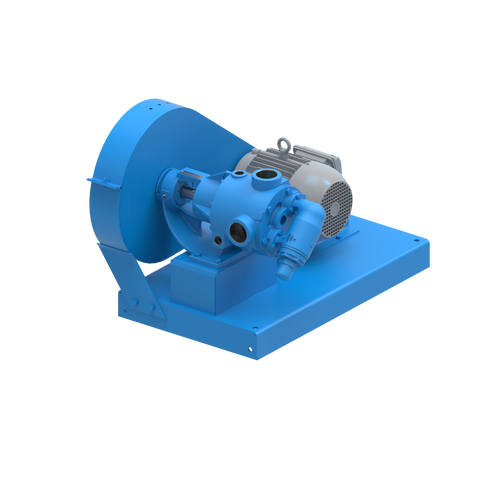




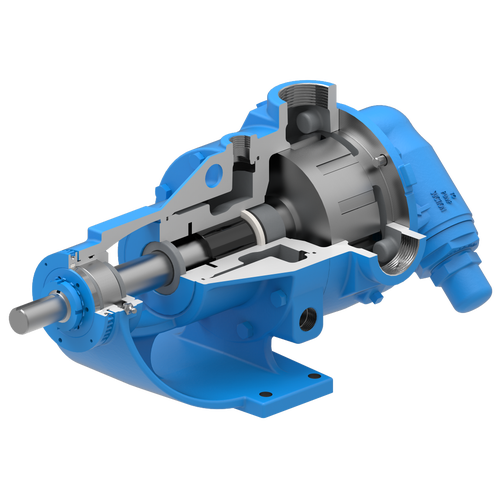
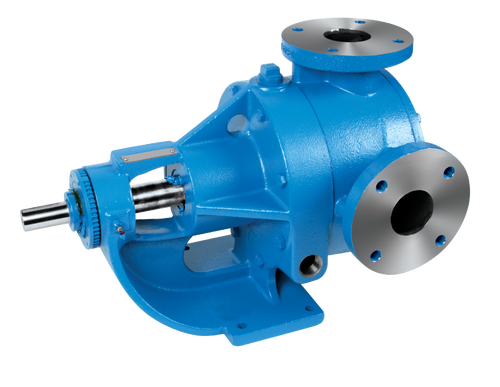
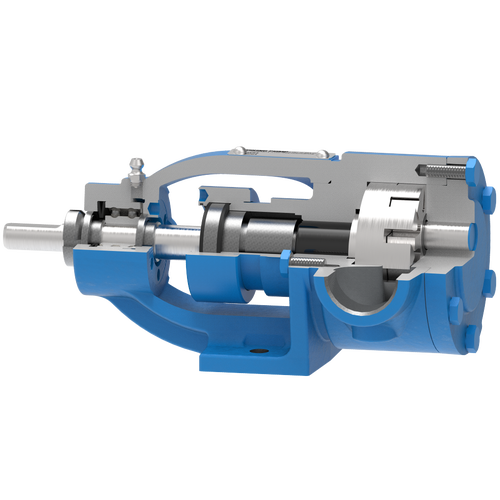




Videos
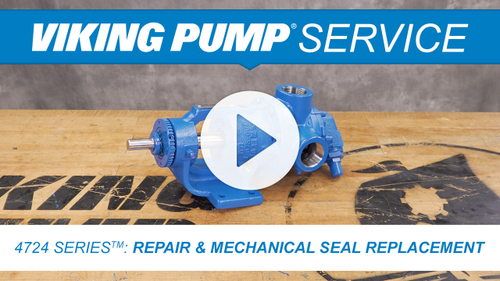
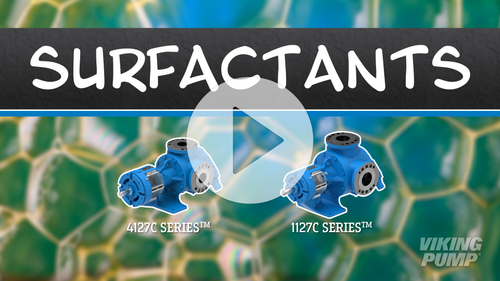
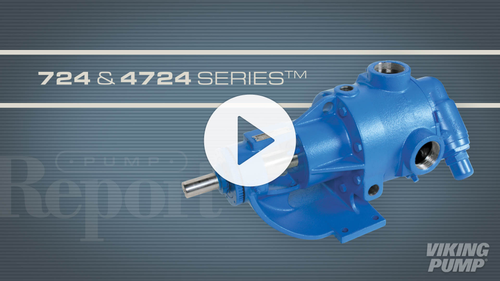
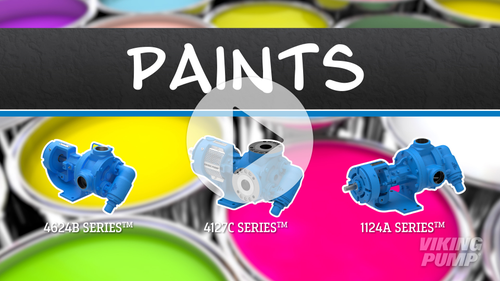


Acids & Bases
Extremes on the ends of the pH scale that can result in severe corrosion and chemical attack of the pump body, gears, bushings, and elastomers. Pump construction will ultimately be driven by the specific liquid being handled and the construction that offers the greatest chemical resistance.

Alcohols
Chemical compatibility ranges greatly based on the alcohol and the subsidiary branch chains attached to it, resulting in potential chemical attack of the pump body, gears, bushings, and elastomers. Pump construction will ultimately be driven by the specific alcohol being handled and the construction that offers the greatest chemical resistance.
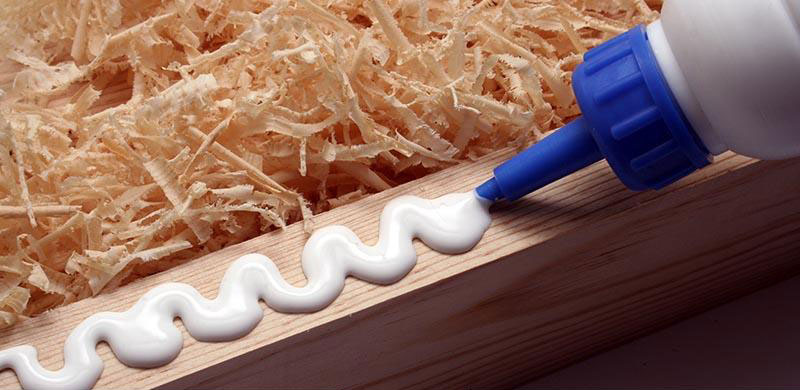
Adhesives
Adhesives are a group of substances, such as cement, glue, mucilage, and paste that are capable of holding materials together by surface attachment. Adhesives are made from many different basic materials, among them dextrin, latex, silicones, liquid rubber, resin, sodium silicate, and starch.
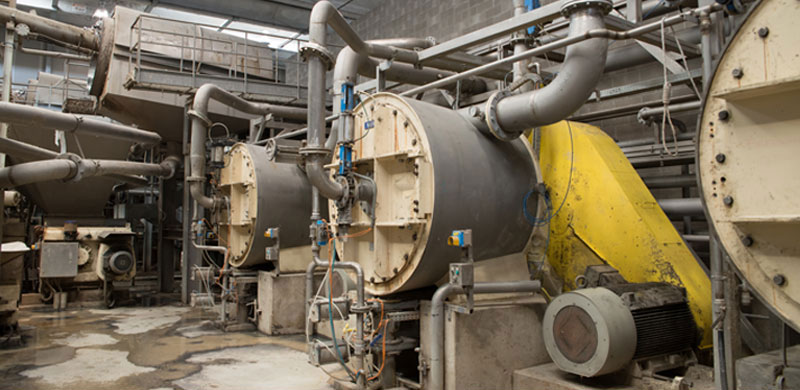
Caustic (Sodium Hydroxide)
Sodium hydroxide is soluble in water, alcohol and glycerol. It is used in the manufacture of other chemicals, rayon and film, petroleum refining, pulp and paper, making of aluminum, refining vegetable oil, in detergents, soaps, textile processing, in reclaiming rubber and as an alkali in foods. The viscosity ranges from water-thin to 40 cP depending on concentration and temperature.
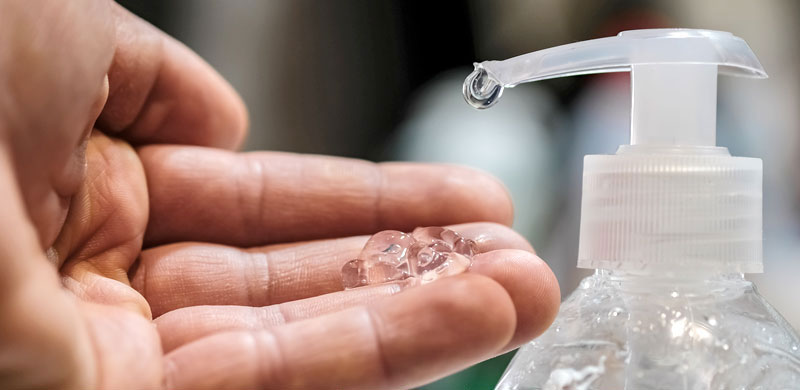
Glycerol/Glycerin
This chemical is typically produced in the same process as soaps and surfactants. It is used in a wide variety of products ranging from food and beverage to personal care and disinfectants.
-
REPAIR RESOURCES

-
DRAWINGS

G with Plain Head - 1" NPT Opposite PDF
STEP
G with Relief Valve - 1" NPT Opposite PDF
STEP
H-HL Plain Head - 1.5" NPT RH PDF
STEP
H-HL with Jacketed Head - 1.5" NPT RH/LH PDF
STEP
H-HL with Relief Valve - 1.5" NPT RH/LH PDF
STEP
K-KK with Jacketed Head - 2" NPT RH/LH PDF
STEP
K-KK with Plain Head - 2" NPT RH/LH PDF
STEP
K-KK with Relief Valve - 2" NPT RH/LH PDF
STEP
L with Jacketed Head - 2" NPT RH PDF
L with Plain Head - 2" NPT RH PDF
STEP
LL with Jacketed Head - 3" Class 150 RH PDF
STEP
LL with Relief Valve - 3" Class 150 ANSI RH/LH PDF
STEP
LL724 with Plain Head - 3" Class 150 RH PDF
LQ with Jacketed Head - 2.5" Class 150 RH PDF
STEP
LQ with Plain Head - 2.5" Class 150 RH PDF
STEP
LQ with Relief Valve - 2" NPT RH/LH PDF
LQwith Relief Valve - 2.5" Class 150 ANSI RH/LH PDF
RH724 with Plain Head - 0.5" NPT Opposite PDF
STEP
RH724 with Plain Head - 0.75" NPT Opposite PDF
STEP
